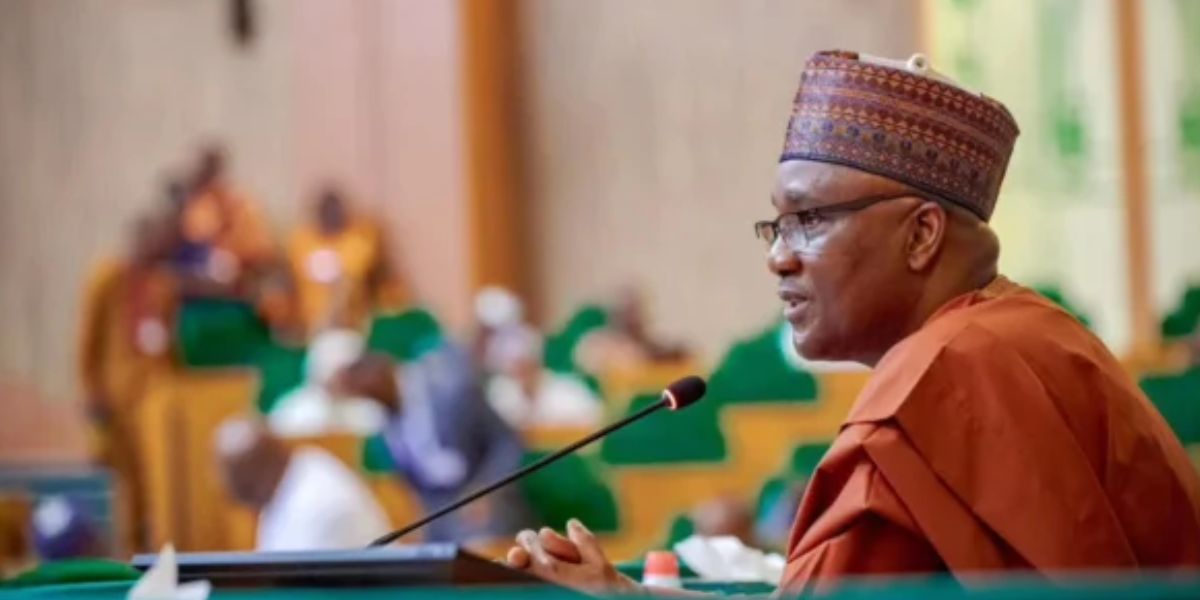Physical Address
304 North Cardinal St.
Dorchester Center, MA 02124
Physical Address
304 North Cardinal St.
Dorchester Center, MA 02124


For weeks, Nigeria buzzed with debate over a controversial bill aimed at forcing all eligible citizens to vote. Some saw it as a bold step toward fixing low voter turnout, while others labeled it a dangerous infringement on personal freedom.
Now, the bill is dead on arrival. Speaker Tajudeen Abbas has officially withdrawn it, citing public backlash and the need for further dialogue.
The idea was simple but drastic:
🗳 Every Nigerian of voting age MUST vote in elections. 🚨 Failing to vote? You risk a fine of ₦100,000 or six months imprisonment. 🇳🇬 Inspired by Australia, Belgium & Brazil, where mandatory voting keeps turnout above 90%.
At first glance, it seemed like a solid plan—force participation, fix Nigeria’s declining voter turnout, and strengthen democracy. But there was a problem…
❌ Voting is a right, not an obligation—many argued that democracy thrives on freedom to choose, not compulsion.
❌ Electoral challenges go deeper—issues like fraud, rigging, violence, and lack of trust in leaders keep voters away, NOT laziness.
❌ Forcing people to vote doesn’t mean better choices—some feared it would lead to uninformed, rushed decisions at the polls.
The pushback was swift and loud. Civil rights groups, political analysts, and everyday Nigerians called for its removal. Abbas listened—and acted.
Instead of forcing Nigerians to vote, the Speaker now aims to introduce positive incentives to increase voter participation.
✅ Better voter education—help people understand why their vote matters.
✅ Safer elections—reduce violence, intimidation, and rigging.
✅ Incentives—could Nigeria explore tax benefits, discounts, or other rewards for voting?
Some believe scrapping the bill protects democracy, while others fear that low turnout will remain a problem.
What’s undeniable? The debate has sparked a national conversation on voter participation, and change is coming.